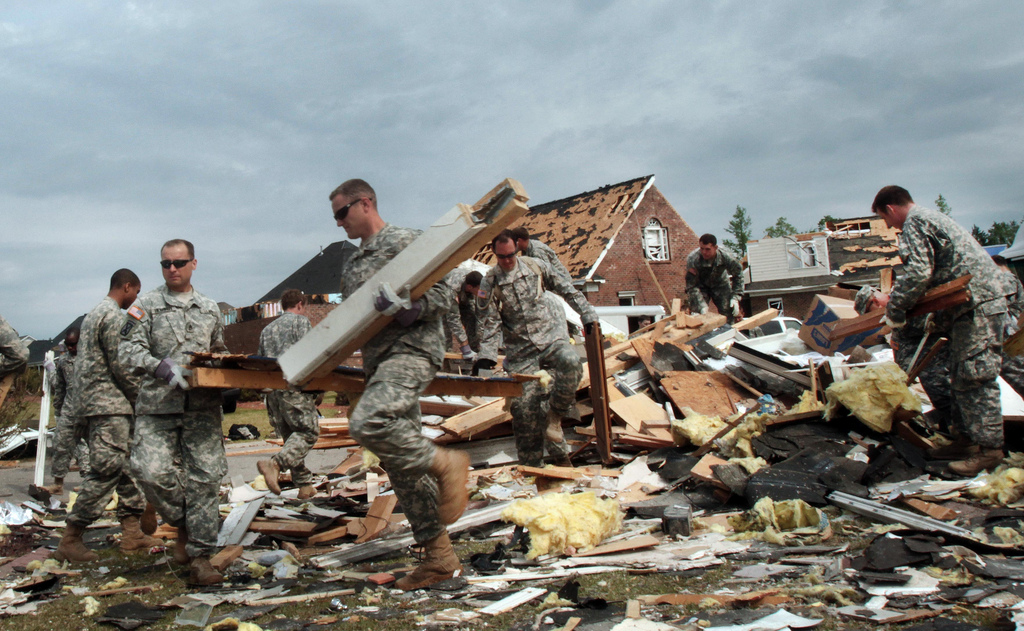
Urban survival is not merely about hoarding equipment—it’s about understanding how to think, survive, and respond when the world becomes the opposite. In the city, resources are scarce, humans are abundant, and threats can emanate from all sides. The skills listed below are not “nice to have” but the difference between surviving a disaster and being part of the disaster.

10. Knowing Your City and Safe Havens
Your initial tool in city survival is knowledge—better yet, knowledge of your city that surpasses most residents there. Familiarize yourself with the neighborhoods, back streets, and shortcuts. Learn areas to steer clear of and areas to seek refuge. As a last resort, your memory is your GPS when technology gives out. Public shelters, underground bunkers, and clandestine bunkers are things you want to learn about beforehand. The more routes and backup locations you’ve memorized, the more options you’ll have when things go wrong.

9. Power, Light, and Emergency Energy Solutions
When the grid goes down, cities are plunged into darkness—and darkness in an urban environment can be hazardous. Reliable light sources such as battery-powered lanterns, solar flashlights, and rechargeable headlamps are priceless. A good portable power station or even a simple hand-crank radio will keep you informed. Store up lots of spare batteries and learn to use compact solar chargers. Having your power source means that you will not be left blind or disconnected.

8. Critical Bug-Out Bag and Go-Bag Essentials
In the event of a crisis requiring you to relocate, you won’t be able to pack. That’s why you need to keep a go-bag ready. It must contain water, food, a first-aid kit, a flashlight, maps, a portable radio, extra attire, currency, and means to protect yourself. Include essential documents and a fire-starting device. Store it in an accessible location—seconds can be a lifetime.

7. Urban Foraging and Ingenuity
Even in a concrete jungle, resources exist if you know where to look. You might be surprised how many edible plants grow in parks, abandoned lots, or even cracks in the sidewalk. Learn to spot useful materials for repairs or trade. The key isn’t just finding food—it’s developing the creativity to turn what’s around you into something useful. Adaptability is one of the most underrated survival tools.

6. Barter, Self-Defense, and Security Skills
During a crisis, there are always some who will assist and some who will exploit. Make your doors secure, use window locks, and make security discreet. Acquire at least one means of self-defense, either with a simple weapon or with your bare hands. Otherwise, keep in mind that survival is often a matter of bartering. Products such as medical aid, tools, or even just comforts such as coffee can be used as currency when the usual systems fail.

5. Communication and Coordination Strategies
When the network is down, you’ll have to have alternate means of contacting people you can trust. Handheld radios, walkie-talkies, and crank-operated gear can keep you connected to news and supporters. Establish a plan with family and friends—coordinate meeting points, signals, and backup systems so that everyone knows what to do. In a crisis, a coordinated plan can cut minutes, energy, and perhaps lives.

4. Bug-Out Planning and Evacuation Routes
If standing your ground becomes too hazardous, you’ll have to have more than one exit. Don’t count on primary roads—these will jam up fast. Familiarize yourself with side streets, sidewalks, and bike paths. Prepare for alternative modes of transportation, and choose secure locations outside the city where you can reunite. Rehearse your route so it’s automatic when you need it most.

3. Sneaky Storing and Home Defense
Having supplies out in the open is an invitation for trouble. Store them where people won’t think to look—inside boxes, behind couches, or storage that’s disguised as normal stuff. Upgrade your home’s vulnerable areas without flashing a signal that you are ready. The less you signal, the safer you’ll be.

2. Water and Food Security in Urban Areas
Water will vanish from the shelves of stores in a crisis almost overnight. Store at least a gallon per person per day, and keep a portable filter or purification tablets on hand. Store non-perishable items such as rice, beans, canned food, and energy bars. Rotate your supplies regularly to keep them fresh. Disperse your storage so it is more difficult for anyone to locate it all at the same time.

1. Mental Resilience and Community Awareness
Your attitude can either save or destroy you when it comes to survival. Panic obscures the judgment, but a placid, determined state of mind keeps your wits about you. Be flexible, and don’t cut yourself off entirely—establish rapport with some dependable neighbors. Know whom to rely on and whom to steer clear of. At times, the greatest item you have with you isn’t equipment at all—it’s the determination to go on, for yourself and the people around you.
